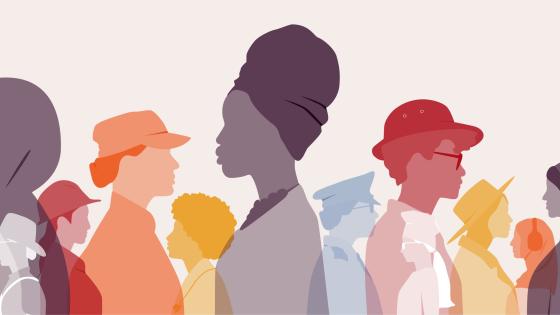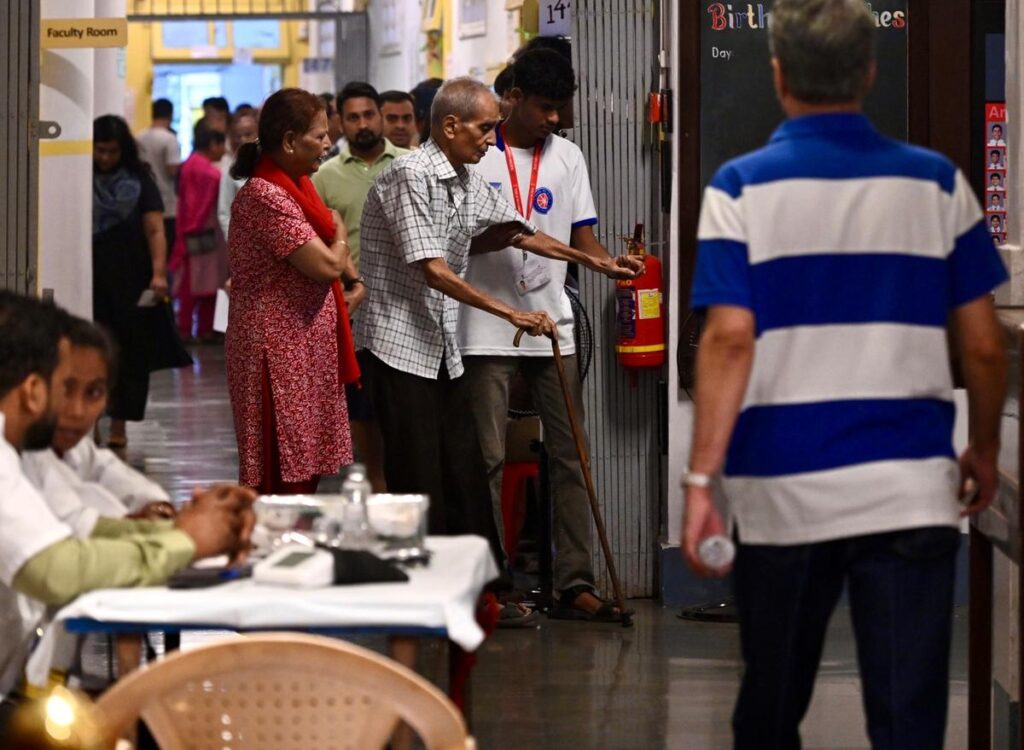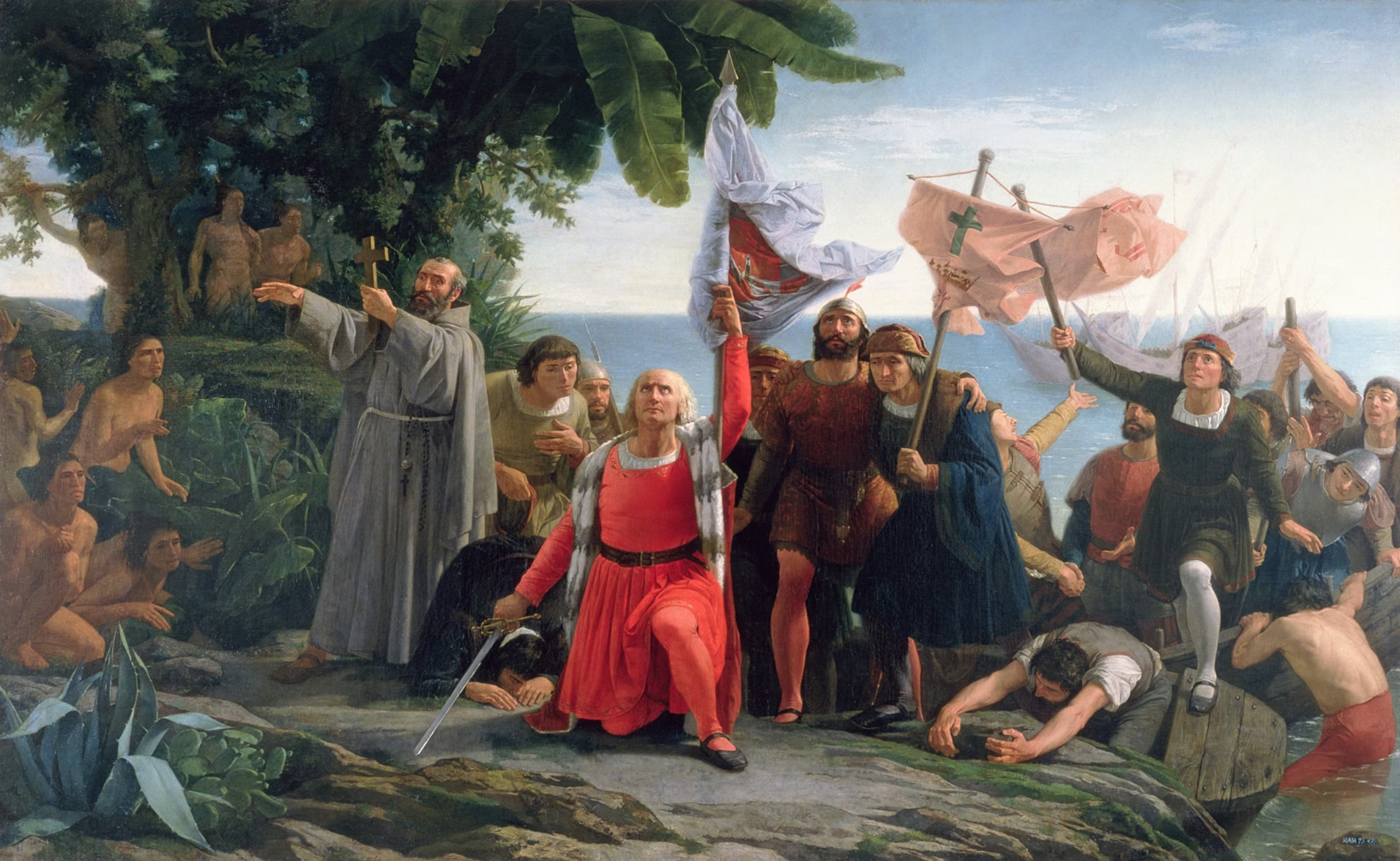Now Reading: Gender Roles Shaped by History: How the Past Influences Today
-
01
Gender Roles Shaped by History: How the Past Influences Today
Gender Roles Shaped by History: How the Past Influences Today

Gender roles in India have deep historical roots, influencing expectations, responsibilities, and opportunities for men and women. Even in Tier-2 cities, traditional norms continue to affect family life, education, and careers. Understanding how historical practices shaped these roles can help individuals and communities challenge outdated expectations while building more equitable opportunities for the future.
Historical Origins of Gender Roles
In ancient and medieval India, social, religious, and economic structures defined distinct roles for men and women. Men were often associated with public work and governance, while women were assigned domestic responsibilities. These divisions provided societal stability but also limited mobility and choice for women.
Impact on Education and Employment
Historical gender norms influenced access to education and career paths. In many Tier-2 cities, remnants of these practices persist, affecting women’s participation in formal jobs or higher education. Efforts to expand opportunities challenge these inherited norms and promote broader social change.
Family and Social Expectations
Traditional gender roles often dictate household duties, marriage practices, and childcare responsibilities. Families may unconsciously reinforce these expectations, impacting individual choices and personal freedom. Recognizing the historical basis of these roles allows communities to adapt to modern needs.
Cultural Shifts and Modern Perspectives
Globalization, urbanization, and changing economic demands are reshaping gender roles. More women in Tier-2 cities are pursuing careers, entrepreneurship, and leadership roles, gradually redefining what society expects from each gender. Historical influence remains, but change is evident.
Conclusion
Gender roles are deeply influenced by history, affecting social structures, education, and careers. By understanding these roots, communities in Tier-2 cities can challenge outdated norms, create equitable opportunities, and foster a society where roles are defined by choice rather than tradition

























